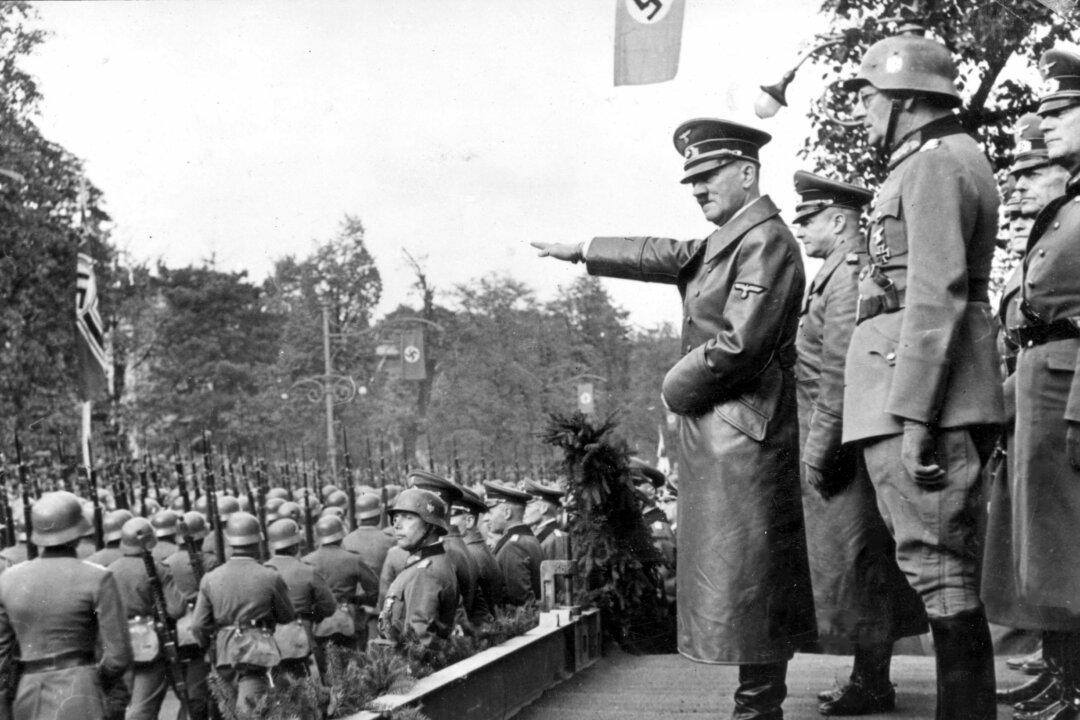Commentary
With proponents of military intervention and war, it’s always 1938, and every attempt to substitute diplomacy for escalation and war is “appeasement.”

With proponents of military intervention and war, it’s always 1938, and every attempt to substitute diplomacy for escalation and war is “appeasement.”